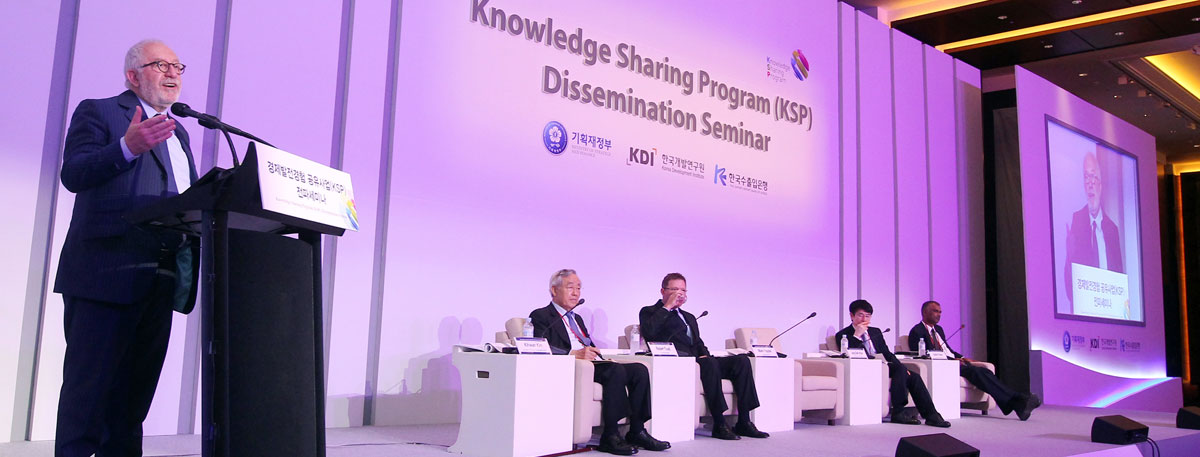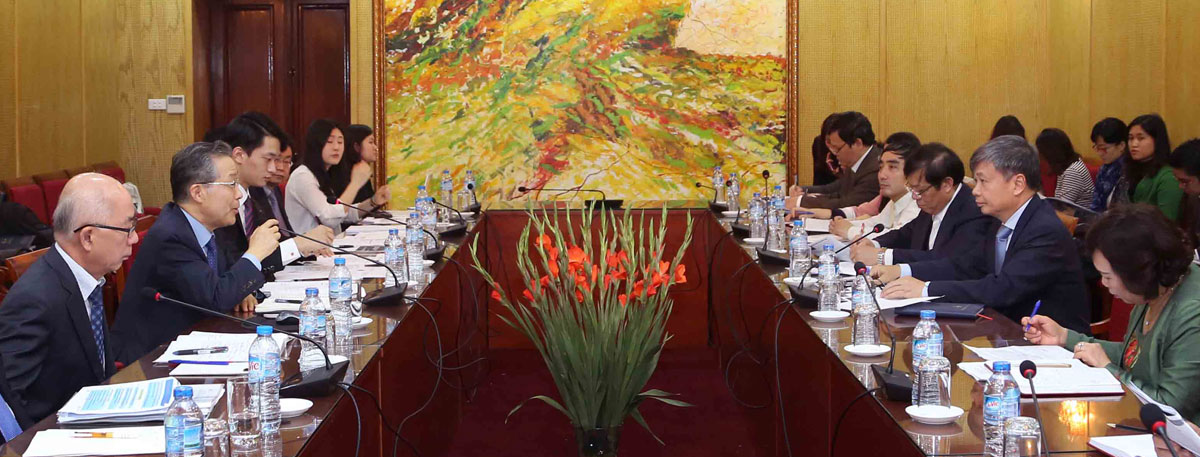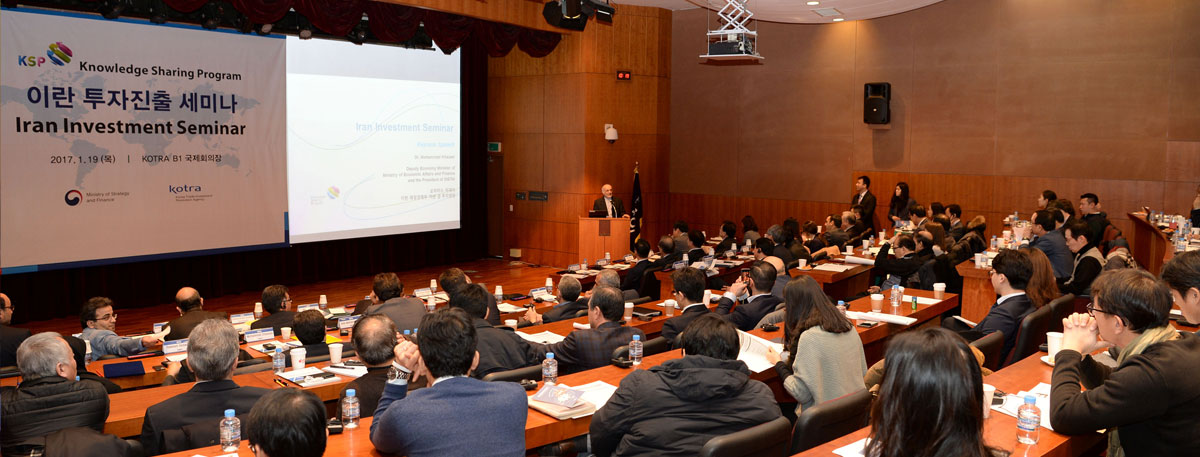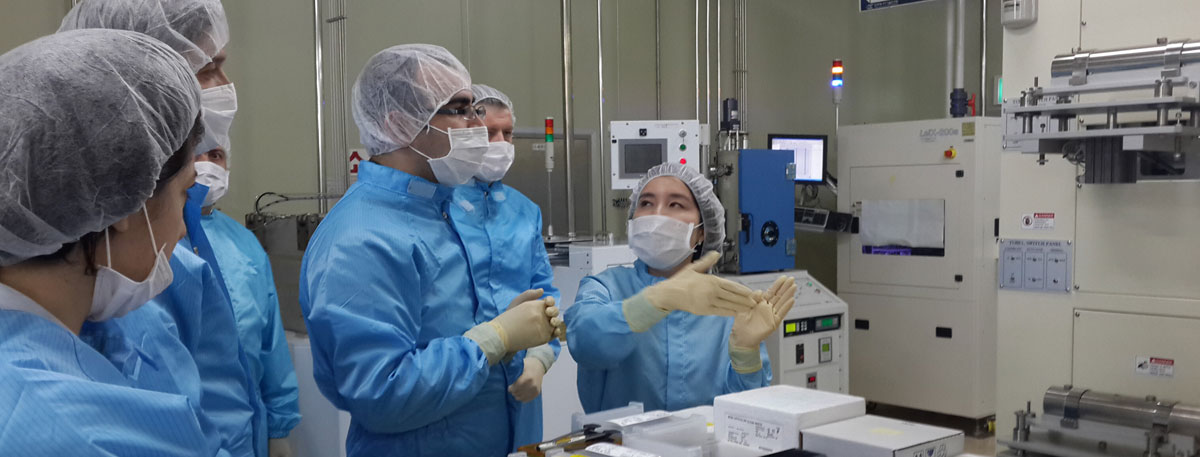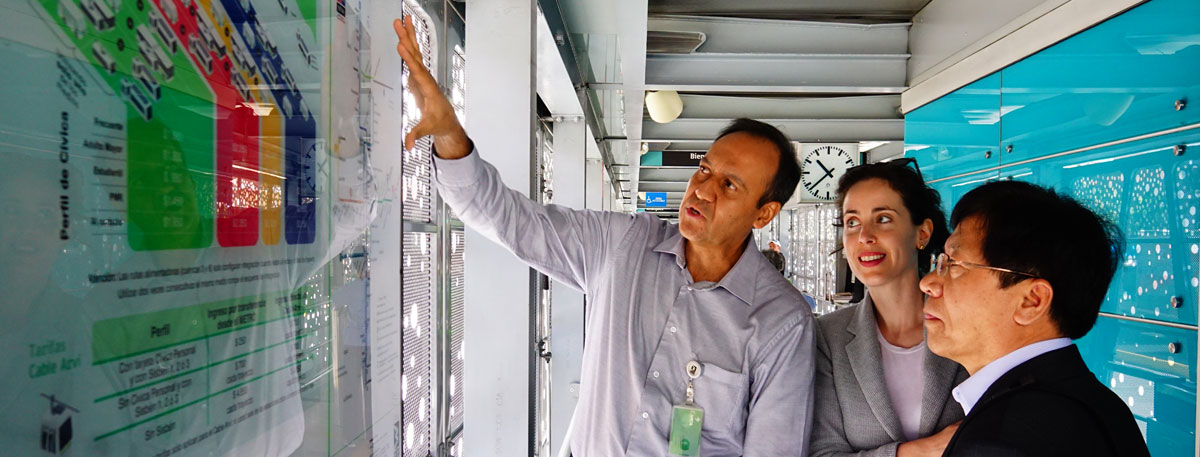Search

KSP Way
Knowledge Sharing Program (KSP) is
a platform for development cooperation, aiming to share knowledge with partner countries and develop a solid foundation for the expansion of economic and political cooperation.
Our mission is to contribute to the inclusive socioeconomic development
of partner countries and promote strong and close economic cooperation.
KNOWLEDGE SHARING PROGRAM
FROM KNOWLEDGE TO ACTION
- 01. Knowledge Creation
Create evidence-based knowledge spanning over 500 policy consultation reports, case studies, and capacity development content tailored to domestic circumstances of each partner country
- 02. Knowledge Sharing
Share explicit and tacit knowledge through mutual learning by promoting demand-based projects, disseminating knowledge and results via domestic and international seminars and conferences
- 03. Capacity Development
Raise capacity of partner country in policy planning, implementation, and evaluation for decision makers, motivating it to pursue sustainable development
- 04. Policy Change
Support governance improvements by devising policy, legislation, and amendments and set up institutions and organizations, while comprehensively considering development constraints and implementation capability of partner country
- 05. Stronger Cooperation
Promote close cooperation between Korea and partner country to build basis for cooperation in follow-up development and practical economic activities


